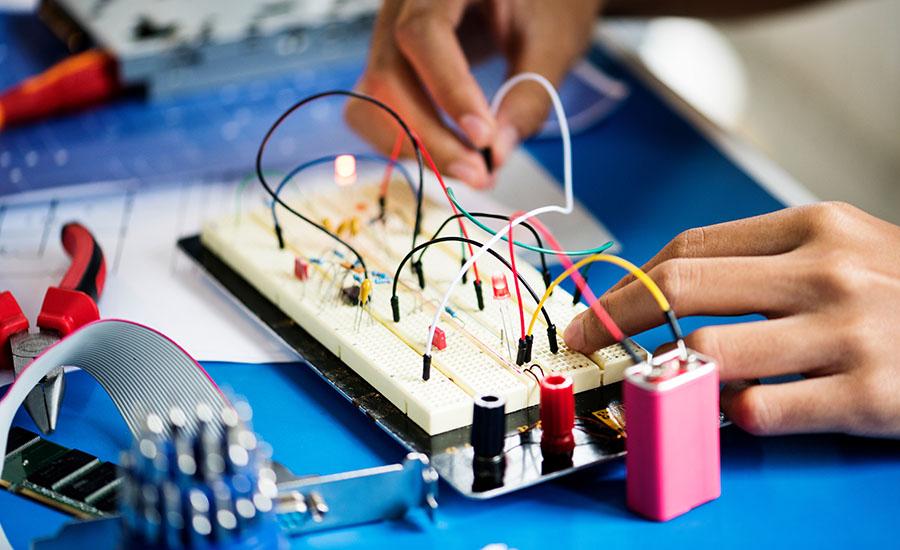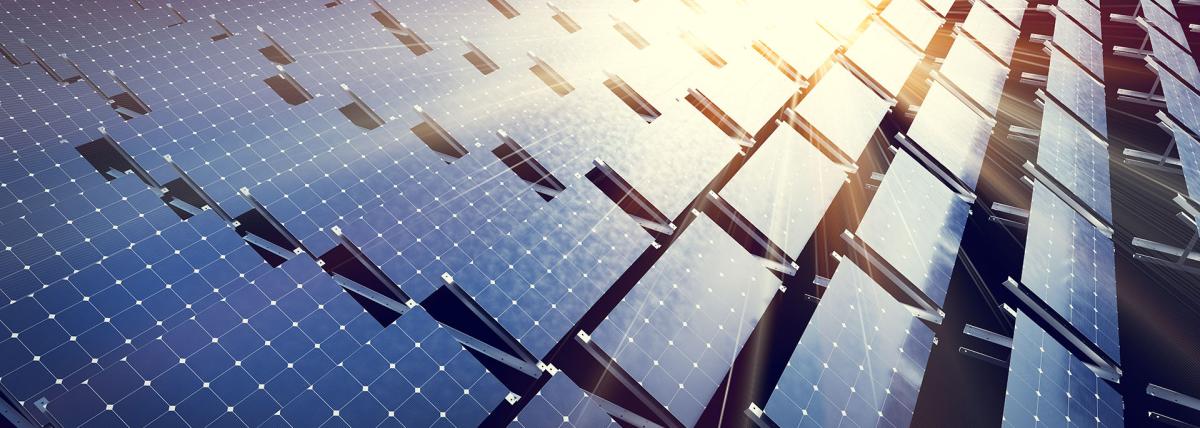
Clever Scientist: Electric Circuits
This STEM lesson is designed to explore electrical circuits and engage in a hands-on activity to create, label, and identify the differences between parallel and series circuits.
Students will develop and use a model that explains how energy is moved or transferred from place to place through electric currents. While they construct circuits to create electricity, they will be analyzing, collaborating and communicating effectively with their partners to complete an engineering design challenge. At the end of this unit, students will be able to independently identify complete and incomplete circuits, suggest ways to fix incomplete circuits, identify parts of a circuit, and create a circuit.
Lesson Grade Level
4th GradeLesson Plan Link/URL
https://docs.google.com/presentation/d/19lO67saEwWZ_hwYn7mUx7xefvg0TlUWnw3aJp_9…Subject Area
Science Physical Science P4: Energy Transfer Engineering S2: Apply the Engineering Design Process S4: Apply Science to Engineering Mathematics Measurement and Data (MD) English Language Arts (ELA) Reading (Informational Text) Writing Speaking & ListeningRelated Content

In this set of lesson plans for "A Song for a Whale" by Lynne Kelly, students will investigate compasses and whale migration. The final project for the novel is a choice board of activities that

In this creative lesson, students will design and build a Rube Goldberg Energy Transfer Project. They will work within a group over 1-2 weeks and create a presentation to demonstrate the energy

Students will use solar panels to transfer solar energy to a fountain. Students will be able to explore and demonstrate the functioning of a solar energy fountain.